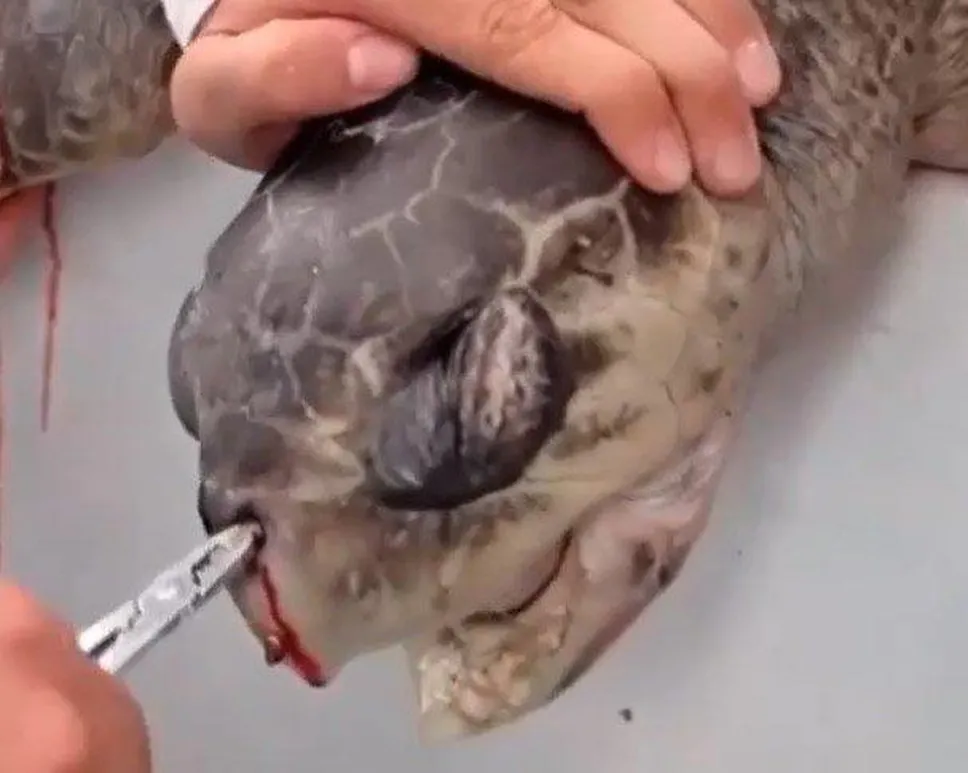WATERLOO REGION — When Rebecca McIntosh of Kitchener signed up for the zero waste challenge, the married mother of two found “sneaky plastics” among the garbage she never thought about before.
McIntosh didn’t know it, but she had been “wishcycling” — assuming a container or bag could be recycled, so it was tossed into the blue box.
But during the zero waste challenge, she scrutinized every piece of garbage her family produced. The five-day challenge, run by the Kitchener charity Reep Green Solutions, is to have each member of the household produce no more waste than what a single Mason jar can hold.
“We think we lead a low-waste lifestyle, but until you pay attention you don’t really know where all your waste comes from,” said McIntosh.
She long believed ice cream containers could be recycled. Wrong: they contain plastic between the cardboard-like layers and are not recyclable.
Cardboard alone and most plastics on their own can be recycled, but not when combined into a single product.
“That was eye-opening,” said McIntosh.
McIntosh and her family have done the challenge twice. The real benefit is looking closely at the garbage produced, and thinking about ways to reduce it.
“We made changes afterwards,” said McIntosh. “Now we buy ice cream in a full, plastic container that is recyclable, or a glass one.”
The UN Environment Assembly voted in March 2022 to end plastic pollution, and forge an international legally binding agreement by the end of 2024.
When Canada was chairing the G7 group of advanced economies in 2018, it called for reducing the use of plastic. It spent years developing new regulations.
Ottawa’s first phase of a multi-year program to eliminate plastics came into effect about a month ago with a ban on importing or manufacturing six plastic items: plastic checkout bags, cutlery, stir sticks, straight straws, chopsticks and takeout containers. Businesses have until Dec. 20, 2023, to use up existing inventories and start using replacements.
Beginning in June, plastic ring carriers can no longer be made or imported into Canada. Businesses have a year to use up existing supplies, but beginning in June 2024, ring carriers will be banned.
The government will also prohibit the export of plastics in the six categories by the end of 2025, making Canada the first among peer countries to do so internationally, says a federal government statement.
Over the next decade, the world-leading ban will eliminate an estimated 1.3 million tonnes of hard-to-recycle plastic waste and more than 22,000 tonnes of plastic pollution, which is equivalent to over a million garbage bags full of litter, says the statement.
But if you don’t eat fast food, the federal ban will have little impact.
“We don’t drink bottled water, we don’t use plastic straws, the single-use plastics are not something we had a lot of in our lives anyway,” said McIntosh.
For McIntosh and her family, “sneaky plastics” are the problem.
“It was more the hidden plastics, the ice cream container with plastic layers, or even meat packaging you think is a paper material but it is actually plastic, so it’s garbage,” said McIntosh.
Plastics pollution is so widespread, microscopic plastics are showing up in human blood, poop and placenta.
But Jennifer Lynes Murray, a University of Waterloo professor who teaches business and environment, social marketing and enterprise strategies for social accountability, has worked for more than a decade on one of biggest generators of single-use plastic waste — concerts, sporting events and festivals.
For a decade Murry worked with artists and musicians, venues and promoters to ban the use of plastic cups at venues. Instead, the fans can bring refillable containers, and free water is provided at filling stations. The Hillside Festival in Guelph has adopted many green initiatives, said Murray.
The federal government successfully battled other, huge environmental challenges.
In the 1980s Ottawa negotiated an acid rain reduction treaty with the U.S. that reversed the acidification of many lakes in Ontario and Quebec.
In the 1970s an international treaty was approved in Montreal to eliminate chlorofluorocarbons from aerosol sprays. The harmful chemicals caused huge holes in the ozone layer. As a result, the holes are shrinking and will be closed entirely in about 20 years.
The same thing can happen with plastics, said Murray.
“We lived without plastics prior to the 1950s, so there are definitely ways we can live without them again,” said Murray.
“It is a three-pronged challenge — how willing are people to make the changes, how available are the alternatives and how will the government encourage that through policies and regulations?” said Murray.
She watched a single image galvanize the public — a sea turtle with a straw stuck in its nose. The 2015 pictures and video showed researchers removing a plastic straw that was embedded in the turtle’s nostril.
“It created this whole movement, and within a year nobody was using plastic straws and it was really widespread as well,” said Murray. “When you get the momentum, things can happen quickly.”
Canada needs to ban a lot more plastics than the six items associated with takeout food, and it needs to act more quickly, said Sarah King, the Vancouver-based head of the Oceans and Plastics Campaign for Greenpeace.
“The current ban covers less than three per cent of the plastic waste we generate in Canada,” said King.
The blue box program is as widely loved as it is deeply flawed, she said, and only encourages and enables more widespread use of plastics.
“Recycling we know is not the solution to the plastic waste and pollution crisis,” said King. “This whole idea of plastic recycling is a myth. because many people across this country have come to learn that less than nine per cent of plastic is recycled in Canada.”
King said PVC, the black plastic pipe, should also be banned. Polystyrene — a white, spongy material widely used for coffee cups and clamshell takeout containers — should be banned as well, she said.
Polystyrene “is highly polluting in its production. And due to the nature of the material, when it ends up in the environment it breaks apart very easily and spreads,” said King.


